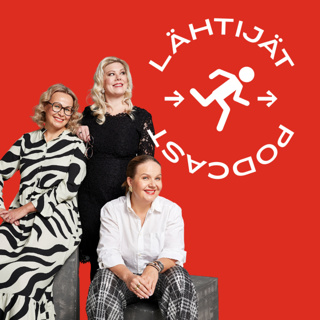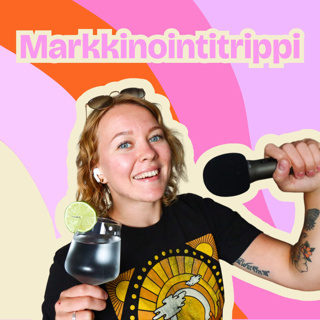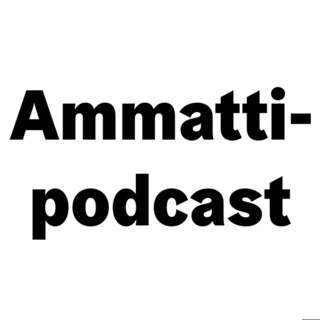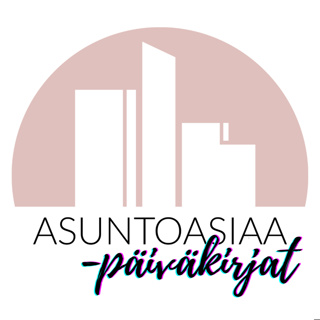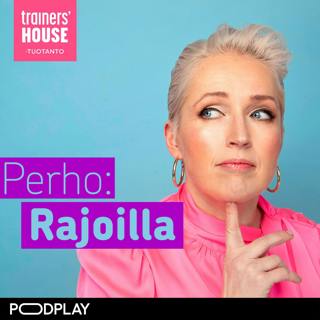
Journal Club: A New Path to Antibiotic Resistance
Ever since the discovery of antibiotics, microbiologists have worried about and studied how bacteria acquire resistance to these drugs. Adding to the complexity of this problem is the fact that it is not always clear whether the conditions that drive the evolution of resistance in the lab occur in patients suffering from bacterial infections.This is where the work of Nathalie Balaban -- Professor at the Hebrew University, and our guest on this episode -- comes in. The article we discuss is based on a foundation of research done in her laboratory, but this study makes the important step into the clinic by using samples from a patient with a life-threatening bacterial (MRSA) infection. By analyzing these patient samples, Dr. Balaban and her team were able to understand the conditions that lead to multi-drug resistance in a hospital setting. The work reveals how the ability of bacteria to enter a state of dormancy, also known as tolerance, can act as a stepping stone to resistance and can interfere with the efficacy of drug combinations. Our conversation covers what tolerance is, the conditions that promote tolerance, how it can lead to resistance and impact drug combination therapies, and lastly, integrating this new understanding into clinical microbiology protocols."Effect of tolerance on the evolution of antibiotic resistance under drug combinations" in Science (January 2020) by Jiafeng Liu, Orit Gefen, Irine Ronin, Maskit Bar-Meir, Nathalie Q. Balaban.a16z bio Journal Club (part of the a16z Podcast), curates and covers recent advances from the scientific literature -- what papers we’re reading, and why they matter from our perspective at the intersection of biology & technology (for bio journal club). You can find all these episodes at a16z.com/journalclub.
19 Heinä 202017min

Cybercrime, Incorporated
A dive into the sociological, operational, and tactical realities of this murky underworld, Lusthaus and de la Garza discuss who the players are, what they are motivated by, and specialize in—as well as how basic ideas like trust and anonymity function in a world where no one wants to get caught. How do criminal nicknames function as brand? Which countries tend to specialize in what kinds of crime, and why? And most of all, what changes when you begin to think of the business of cybercrime as an industry?
18 Heinä 202036min
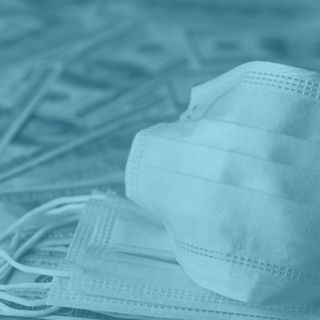
How Transparent Pricing Drives Healthcare Change
Dr. Marty Makary—surgical oncologist at Johns Hopkins University School of Medicine, and health policy and innovation expert—has long been a passionate advocate for transparent pricing in the healthcare system. We don’t talk enough (or really at all) about price in healthcare, says Makary (instead, we talk about cost). But shedding a light on prices in healthcare—from not just what those prices are but how prices are set and the value we all receive as consumers of the system overall—can help us measure quality in medicine, and be a driver for real behavioral change in the healthcare system, correcting many of the unintended consequences of a fee-for-service system like surprise billing or unnecessary medical procedures.In this conversation with a16z General Partner Julie Yoo, Makary and Yoo discuss what price transparency in the healthcare system could really do; how we can "steer" towards the good physicians who are not just highly skilled, but make the right judgment calls based on need and holistic health, not cost; how we might distinguish between high value and low value through medical appropriateness; and how we might gain clinical wisdom from other kinds of scientific discovery beyond randomized controls, especially during the wartime protocol of COVID-19.
15 Heinä 202029min

Preserving Digital History: How to Close the Web's 'Memory Hole'
More than 98% of the information on the web is lost within 20 years, and huge gaps exist in our digital and cultural history. Zoran Basich and Alex Pruden of a16z talk to Brewster Kahle and Sam Williams, who are using different approaches to attack this problem. Brewster cofounded the Internet Archive, which is well known for creating the Wayback Machine that crawls a billion URLs every day. Sam cofounded Arweave, a company that uses decentralized crypto networks to store information forever. For both of them, this issue has implications that go far beyond just data storage. It touches on issues of censorship, government manipulation of information, and how historical context is necessary for well-functioning societies. They discuss how decentralized models offer the promise of building a next-generation web that works better for users.
13 Heinä 202047min

Alex Honnold on Human Performance (part 2) – Climbing and Entrepreneurship
In part 1 of our series on human performance, we looked at the limits of human potential in climbing and other sports – and how we push those limits through technology and training.In this episode, recorded at our a16z innovation summit last year, Alex talks with a16z general partner and fellow avid climber Peter Levine about the risk, fear, and preparation for his free solo of El Capitan on Yosemite. While climbing is the topic, the conversation holds many lessons for entrepreneurs, and anyone else who is attempting something that’s never been done before – from how to evaluate risk versus reward, moving into the public spotlight from stealth, removing constraints to innovate on established routes, and knowing where you can fall and where you can’t. The conversation finishes with Alex’s life philosophy of living simply and giving back, including how he donates a third of all his income to the Honnold Foundation to support solar projects in underserved communities.
11 Heinä 202018min
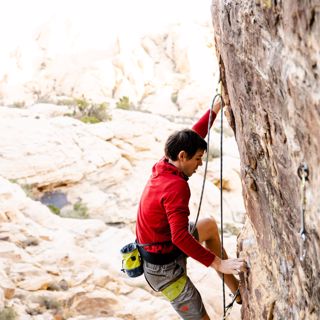
Alex Honnold on Human Performance (part 1) – Where's the Limit?
Is there a limit to what humans can do? And if so, how do you know when you've reached it? Welcome to part one of a two-part series on human performance with professional rock climber Alex Honnold. Alex redefined the limits of what is possible by free soloing – that is climbing with no ropes or safety gear – a 2000-foot granite rock face in Yosemite, known as El Capitan. That feat was documented in the award-winning film Free Solo. In this podcast, Alex, a16z general partner Peter Levine (who at age 59 is still an avid ice climber), and Das Rush discuss how technology and training have pushed the limits of what's possible and how to manage the mental preparation of any big endeavor, whether its building a company, reaching a new peak, or maintaining peak performance while aging.In Part 2, recorded last year as part of our a16z innovation summit, we share a fireside chat with Peter and Alex about the risk, preparation, and fear around Alex's free solo. Photo credit: Shawn Corrigan
11 Heinä 202023min

Why We Shouldn’t Fear AI in Healthcare
"Why We Shouldn’t Fear the ‘Black Box’ of AI (in Healthcare and Everywhere)" by Vijay Pande. First published in the New York Times, January 2018. You can also find and share this article at a16z.com/aidoctor
7 Heinä 20206min

When One App Rules Them All: The Case of WeChat and Mobile in China
"When One App Rules Them All: The Case of WeChat and Mobile in China" by Connie Chan. First published August 2015. You can also find and share this essay at a16z.com/mobilefirstchina
7 Heinä 202020min













